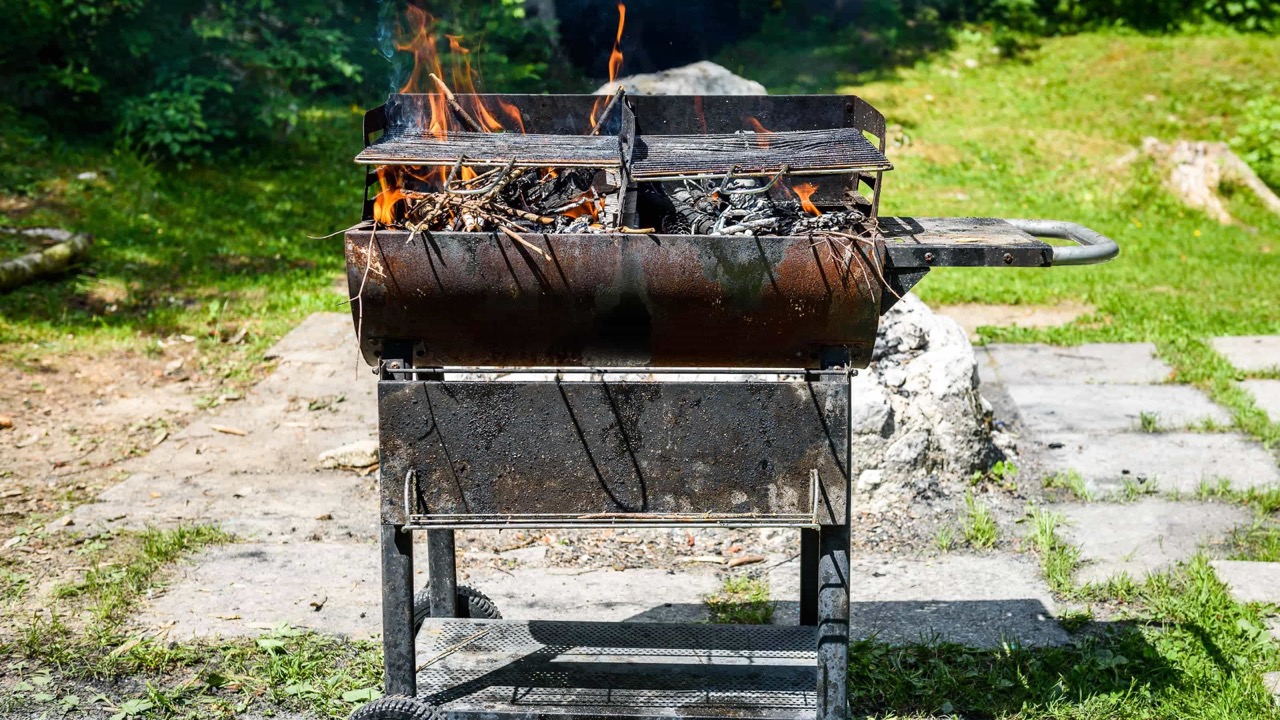

Articles
How Long Do Grills Last
Modified: January 5, 2024
Discover how long grills typically last and get expert advice in this collection of articles. Whether you're a beginner or experienced griller, find valuable insights and tips to extend the lifespan of your grill.
(Many of the links in this article redirect to a specific reviewed product. Your purchase of these products through affiliate links helps to generate commission for Storables.com, at no extra cost. Learn more)
Introduction
Grilling is a beloved pastime for many, bringing together friends and family to enjoy delicious meals in the great outdoors. Whether it’s burgers, steaks, or vegetables, cooking on a grill adds a unique flavor and experience to any gathering. But have you ever wondered how long your grill will last? Understanding the lifespan of a grill is important for planning purposes and ensuring you get the most out of your investment.
In this article, we will explore the factors that can affect the lifespan of a grill, the different materials used in grills, maintenance and care tips to extend its longevity, signs that indicate it’s time for a replacement, and the average lifespan of various types of grills. So, let’s dive in and unravel the secrets of grill lifespan!
Key Takeaways:
- Regular maintenance, proper cleaning, and protection from the elements can significantly extend the lifespan of your grill, ensuring many years of delicious outdoor cooking experiences with friends and family.
- Recognizing signs of wear and knowing the average lifespan of different grill types can help you make informed decisions about when to replace your grill, saving you money in the long run and enhancing your cooking performance.
Read more: How Long Do Gas Grills Last
Factors that Affect Grill Lifespan
The lifespan of a grill can be influenced by several factors. Understanding these factors can help you make informed decisions when purchasing and maintaining your grill. Here are some key factors that can affect the lifespan of a grill:
- Quality of Construction: The quality of materials used and the construction of the grill can significantly impact its lifespan. Grills made from high-quality materials and sturdy construction are more likely to withstand the test of time.
- Exposure to the Elements: The environment in which the grill is placed plays a crucial role. Grills that are constantly exposed to harsh weather conditions like rain, snow, and extreme heat may deteriorate faster compared to grills that are protected from the elements.
- Maintenance and Cleaning: Regular maintenance and cleaning are essential for preserving the lifespan of a grill. Failure to clean the grill properly can lead to the buildup of grease, which can cause corrosion and decrease its lifespan.
- Frequency of Use: The more frequently a grill is used, the quicker it may wear out. Continuous high-temperature cooking and exposure to flames can put strain on the grill components, potentially shortening its lifespan.
- Type of Fuel: The type of fuel used in the grill can also impact its longevity. Charcoal grills may require more maintenance and have a shorter lifespan compared to gas or electric grills.
- Proper Storage: Storing the grill properly during periods of non-use is important for its overall lifespan. Protecting it from extreme temperatures, humidity, and pests can help prevent rust and other damage.
It’s important to note that while these factors can influence a grill’s lifespan, regular maintenance and proper usage can significantly extend its longevity. By taking care of your grill and addressing any issues promptly, you can enjoy many years of delicious barbecues and outdoor cooking.
Materials Used in Grills
The materials used in the construction of grills play a significant role in determining their durability and lifespan. Different types of grills are made from various materials, each with its own advantages and considerations. Here are some common materials used in grills:
- Stainless Steel: Stainless steel is a popular choice for grills due to its excellent durability and resistance to rust and corrosion. It is known for its sleek and stylish appearance, making it a favorite among grill enthusiasts. Stainless steel grills are easy to clean and maintain, and they can withstand exposure to the elements, making them suitable for outdoor use.
- Cast Iron: Cast iron grills are renowned for their excellent heat retention and distribution. They create beautiful grill marks on the food and provide even cooking. However, cast iron requires regular seasoning and care to prevent rusting. If properly maintained, cast iron grills can last for a long time.
- Aluminum: Aluminum grills are lightweight, making them portable and easy to transport. They are also highly resistant to rust and corrosion. However, aluminum grills may not retain heat as efficiently as other materials and may be prone to denting or warping over time.
- Porcelain-Coated Steel: Porcelain-coated steel grills offer the best of both worlds – the durability of steel and the heat retention of porcelain. The porcelain coating helps prevent rusting, enhances heat distribution, and makes cleaning the grill surface easier. However, the porcelain coating can chip or crack if not handled with care, potentially exposing the underlying steel to damage.
- Cast Aluminum: Cast aluminum grills are known for their durability and excellent heat conduction. They are resistant to rust and corrosion and can withstand high temperatures. Cast aluminum grills are often found in high-end models and can have a longer lifespan compared to other materials.
Choosing the right material for your grill depends on your specific needs and preferences. While stainless steel and cast iron are popular choices for their durability, it’s important to consider factors such as maintenance requirements, heat retention, and portability before making a decision. Regardless of the material, regular cleaning and maintenance are essential for prolonging the lifespan of your grill.
Maintenance and Care Tips for Grills
Proper maintenance and care are crucial for extending the lifespan of your grill. By following these maintenance tips, you can keep your grill in optimal condition and enjoy delicious meals for years to come:
- Regular Cleaning: Clean your grill after each use to prevent the buildup of grease and food residue. For gas grills, turn off the burners and brush the grates while they are still warm. For charcoal grills, wait until the coals have cooled down and brush off any ash or debris.
- Deep Cleaning: Give your grill a thorough cleaning at least once a season. This involves disassembling removable parts, such as grates and burner covers, and cleaning them with warm soapy water. Use a grill brush with stiff bristles to remove any stubborn residue or carbon deposits.
- Inspect for Damage: Regularly inspect your grill for any signs of damage, such as rusted or corroded parts, loose connections, or worn-out components. Address any issues promptly to prevent further damage and maintain the functionality of your grill.
- Protect from the Elements: If your grill is located outdoors, consider investing in a grill cover to protect it from rain, snow, and UV rays. This will help prevent rust and extend its lifespan. Ensure the grill is completely cool before covering it to avoid trapping moisture inside.
- Maintain Gas Grills: If you have a gas grill, regularly check the propane tank for leaks and ensure the gas hoses and connections are secure. Clean the burners and remove any clogs using a wire brush or a pin. Refer to the manufacturer’s instructions for specific maintenance requirements.
- Season Cast Iron Grates: If your grill has cast iron grates, it’s important to season them regularly to prevent rust and maintain their non-stick properties. Apply a thin layer of cooking oil to the grates and heat them on the grill until the oil starts to smoke. Allow them to cool before using.
- Store Properly: During periods of non-use, store your grill in a dry and sheltered area. If space is limited, consider using a grill cart or storing it in a garage or shed. Ensure the grill is completely cooled before moving or storing it.
By following these simple maintenance and care tips, you can keep your grill in excellent condition and maximize its lifespan. Remember to consult the manufacturer’s instructions for any specific recommendations or guidelines for your particular grill model.
Regular maintenance and proper care can help extend the lifespan of a grill. Keep it clean, store it properly, and replace any worn-out parts to ensure it lasts for many years.
Signs that Your Grill Needs Replacement
While regular maintenance and care can help prolong the lifespan of your grill, there may come a time when it’s necessary to replace it. Here are some signs to look out for that indicate your grill may need replacement:
- Excessive Rust: If your grill has extensive rust on the exterior or key components such as the body, grates, or burners, it may be time to consider a replacement. Rust can compromise the structural integrity of the grill and affect its performance.
- Worn Out or Damaged Parts: If you notice significant wear and tear, such as cracked or deteriorating grates, burners that no longer heat evenly, or broken handles or knobs, replacing these parts may become costly and time-consuming. It might be more practical to invest in a new grill.
- Uneven Heat Distribution: If your grill is no longer heating evenly, with hot spots and cold spots, it can make cooking challenging and result in poorly cooked food. This could be a sign of worn-out or damaged burners, which may not be easily repairable.
- Difficulty in Starting: If your grill consistently has trouble starting, despite following proper ignition procedures, it could be a sign of a faulty ignition system. Repeated issues with starting the grill may indicate a deeper problem and may warrant considering a replacement.
- Reduced Efficiency: If you find that your grill is taking longer than usual to reach and maintain desired cooking temperatures, it could be a sign of declining efficiency. This could be due to worn-out burners, clogged gas lines, or other mechanical issues that may not be economically feasible to repair.
- Outdated Technology: If your grill lacks features and functionalities that are important to you, such as temperature control, rotisserie capabilities, or advanced cooking options, you may consider upgrading to a newer model that better suits your needs.
- Frequent Repairs: If you find yourself constantly repairing your grill and spending significant time and money on replacement parts, it may be more cost-effective in the long run to invest in a new grill that comes with a warranty and better reliability.
Ultimately, the decision to replace your grill will depend on the severity of the issues and your personal preferences. If your grill exhibits multiple signs of deterioration or no longer meets your cooking requirements, it’s probably time to start shopping for a new one.
Read more: How Long Do Weber Grills Last
Average Lifespan of Different Types of Grills
The lifespan of a grill can vary depending on its type and quality. Here are the average lifespans of different types of grills:
- Charcoal Grills: Charcoal grills typically have a lifespan of around 5 to 10 years. While they can be durable, they require regular maintenance and can be more prone to rust and corrosion compared to other types of grills.
- Gas Grills: Gas grills are known for their convenience and ease of use. On average, a well-maintained gas grill can last anywhere from 10 to 15 years. Regular cleaning, proper storage, and periodic replacement of worn-out parts can help extend its lifespan.
- Electric Grills: Electric grills are often preferred for indoor or small outdoor spaces. With proper care and maintenance, an electric grill can last around 5 to 10 years. It is important to protect the electrical components from moisture and ensure the grill’s power cord is in good condition.
- Pellet Grills: Pellet grills, also known as smokers, have become increasingly popular among grill enthusiasts. These grills use wood pellets for heat and impart a distinct smoky flavor to the food. With proper maintenance, a pellet grill can last anywhere from 10 to 15 years, depending on the quality of construction.
- Infrared Grills: Infrared grills use infrared technology to produce intense heat for cooking. These grills are known for their fast preheating and even cooking performance. With regular maintenance, an infrared grill can last around 10 to 15 years.
- Portable Grills: Portable grills are designed for mobility and convenience, making them ideal for camping, tailgating, and picnics. Due to their smaller size and portable nature, these grills may have a shorter lifespan, typically ranging from 3 to 8 years.
It’s important to note that these are average lifespans and can vary based on several factors, such as quality of construction, frequency of use, maintenance, and environmental conditions. With proper care and regular maintenance, you can maximize the lifespan of your grill, regardless of its type.
Tips for Extending the Lifespan of Your Grill
To ensure your grill lasts as long as possible and continues to serve you well, follow these tips for extending its lifespan:
- Regular Cleaning: Clean your grill thoroughly after each use to prevent the buildup of grease and food residue. This helps prevent corrosion and extends the lifespan of your grill.
- Protect from the Elements: If your grill is located outside, invest in a grill cover to protect it from rain, snow, and UV rays. This helps prevent rust and potential damage from exposure to the elements.
- Check for Gas Leaks: If you have a gas grill, regularly check for gas leaks. Use a solution of soapy water to check for bubbles around the hoses, connections, and gas tank. If you detect a leak, address it promptly to ensure safe operation.
- Season Cast Iron Grates: If your grill has cast iron grates, season them regularly with a thin layer of cooking oil to prevent rusting and maintain their non-stick properties.
- Keep Burners Clean: Clean the burner ports regularly to prevent blockages and ensure proper gas flow. Use a wire brush or pin to remove any debris or clogs. This helps maintain even heat distribution and promotes efficient cooking.
- Inspect and Replace Worn-out Parts: Regularly inspect your grill for worn-out or damaged parts such as grates, burners, ignition systems, and handles. Replace any parts that are no longer functioning properly to maintain the performance and safety of your grill.
- Avoid Excessive Heat: Avoid exposing your grill to excessive heat, as it can accelerate wear and tear. Allow the grill to cool down before touching or cleaning it, and be mindful of high-flame situations that can damage the interior components.
- Store Properly: During periods of non-use, store your grill in a dry and sheltered area. If storing it outdoors, ensure it is covered with a waterproof grill cover. If space allows, storing it indoors can provide additional protection from the elements.
- Follow Manufacturer’s Guidelines: Always refer to the manufacturer’s instructions and guidelines for specific maintenance, cleaning, and usage recommendations for your particular grill model.
By following these tips and being diligent in the maintenance and care of your grill, you can significantly extend its lifespan. Regular cleaning, proper storage, and prompt repair or replacement of worn-out parts will help ensure that you can continue to enjoy delicious grilled meals for years to come.
Conclusion
A grill is not just a cooking appliance; it’s a centerpiece for outdoor gatherings, a tool for creating delicious meals, and a source of cherished memories. Understanding the factors that affect the lifespan of a grill and implementing proper maintenance and care can help you maximize its longevity.
We explored the various factors that can influence the lifespan of a grill, including the quality of construction, exposure to the elements, maintenance practices, and frequency of use. Additionally, we discussed the different materials used in grills and how they contribute to their durability and resistance to rust and corrosion.
To keep your grill in top shape, we provided maintenance and care tips such as regular cleaning, inspection for damage, proper storage, and following manufacturer’s guidelines. By performing these tasks diligently, you can prevent rust, extend the lifespan of your grill, and ensure safe and enjoyable grilling experiences for years to come.
It’s also important to recognize the signs that indicate it’s time for a grill replacement, such as excessive rust, worn-out parts, uneven heat distribution, and frequent repairs. Knowing when to invest in a new grill can save you money in the long run and provide you with enhanced cooking performance and features.
Lastly, we discussed the average lifespans of different types of grills, ranging from around 5 to 15 years depending on the type and quality of the grill. Understanding the expected lifespan of your grill can help you plan for replacements and budget accordingly.
In conclusion, a well-maintained grill can provide you with countless delicious meals and enjoyable moments with friends and family. By implementing the tips and information provided in this article, you can extend the lifespan of your grill, ensuring many years of mouthwatering barbecues and outdoor cookouts.
Frequently Asked Questions about How Long Do Grills Last
Was this page helpful?
At Storables.com, we guarantee accurate and reliable information. Our content, validated by Expert Board Contributors, is crafted following stringent Editorial Policies. We're committed to providing you with well-researched, expert-backed insights for all your informational needs.

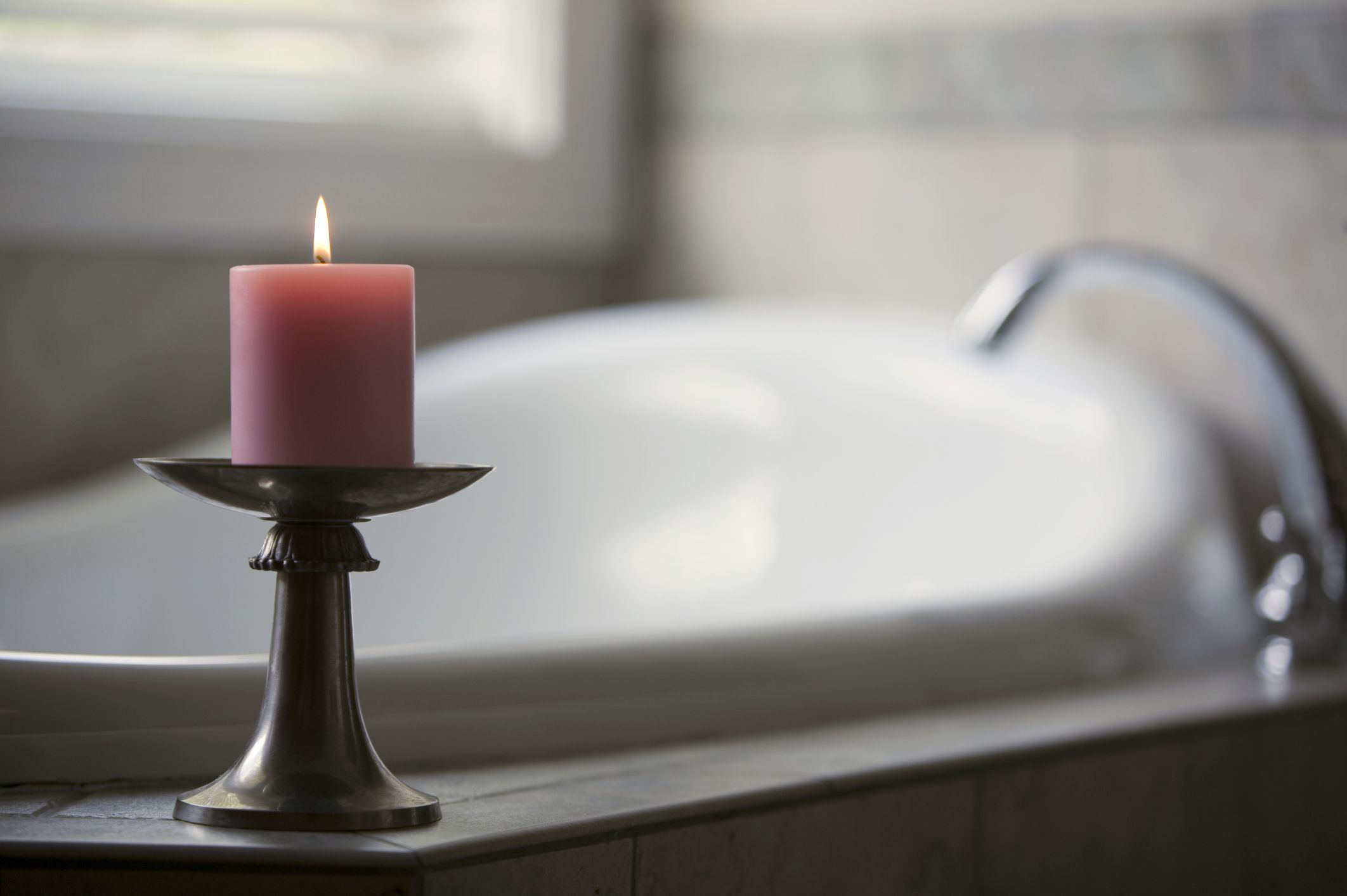


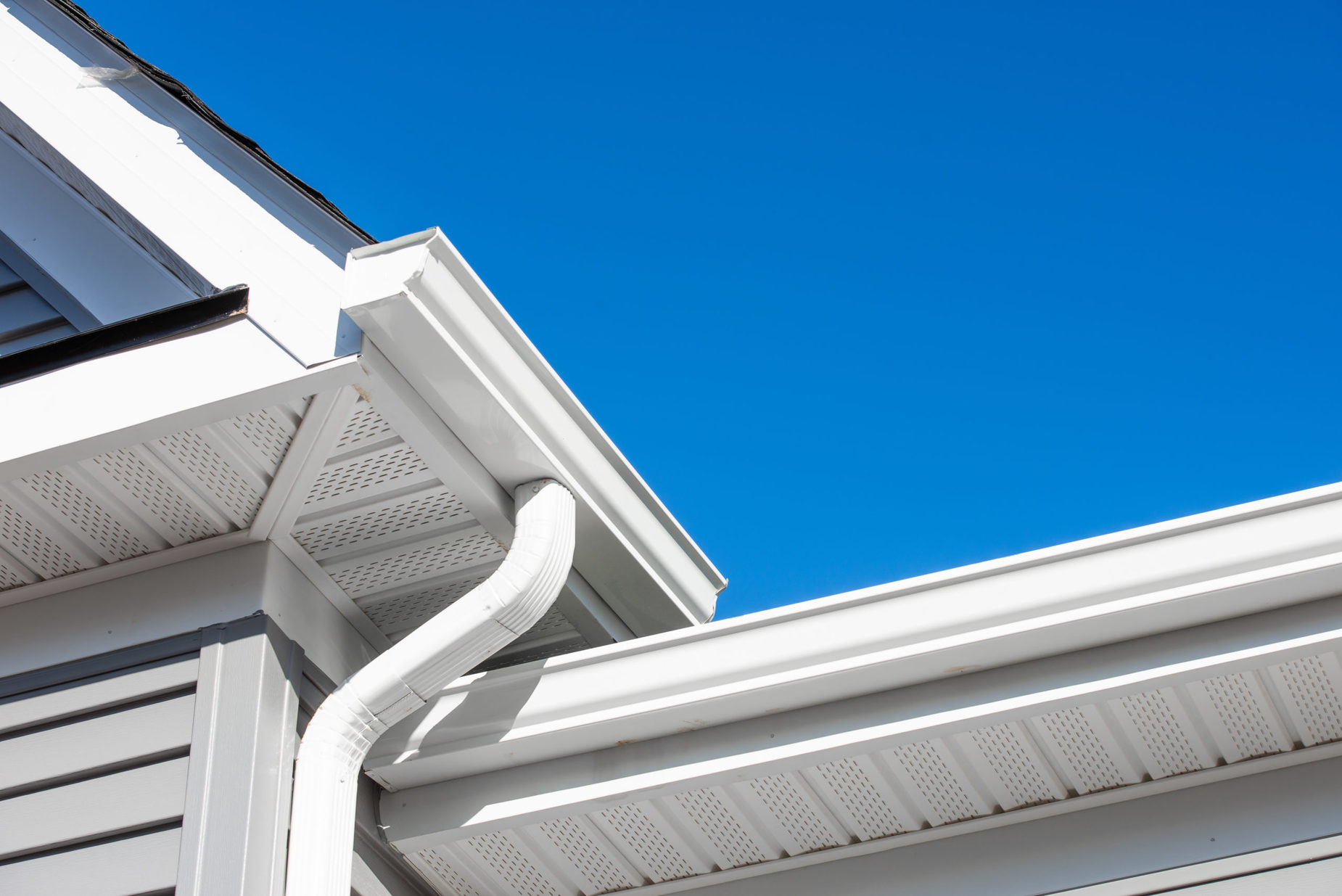
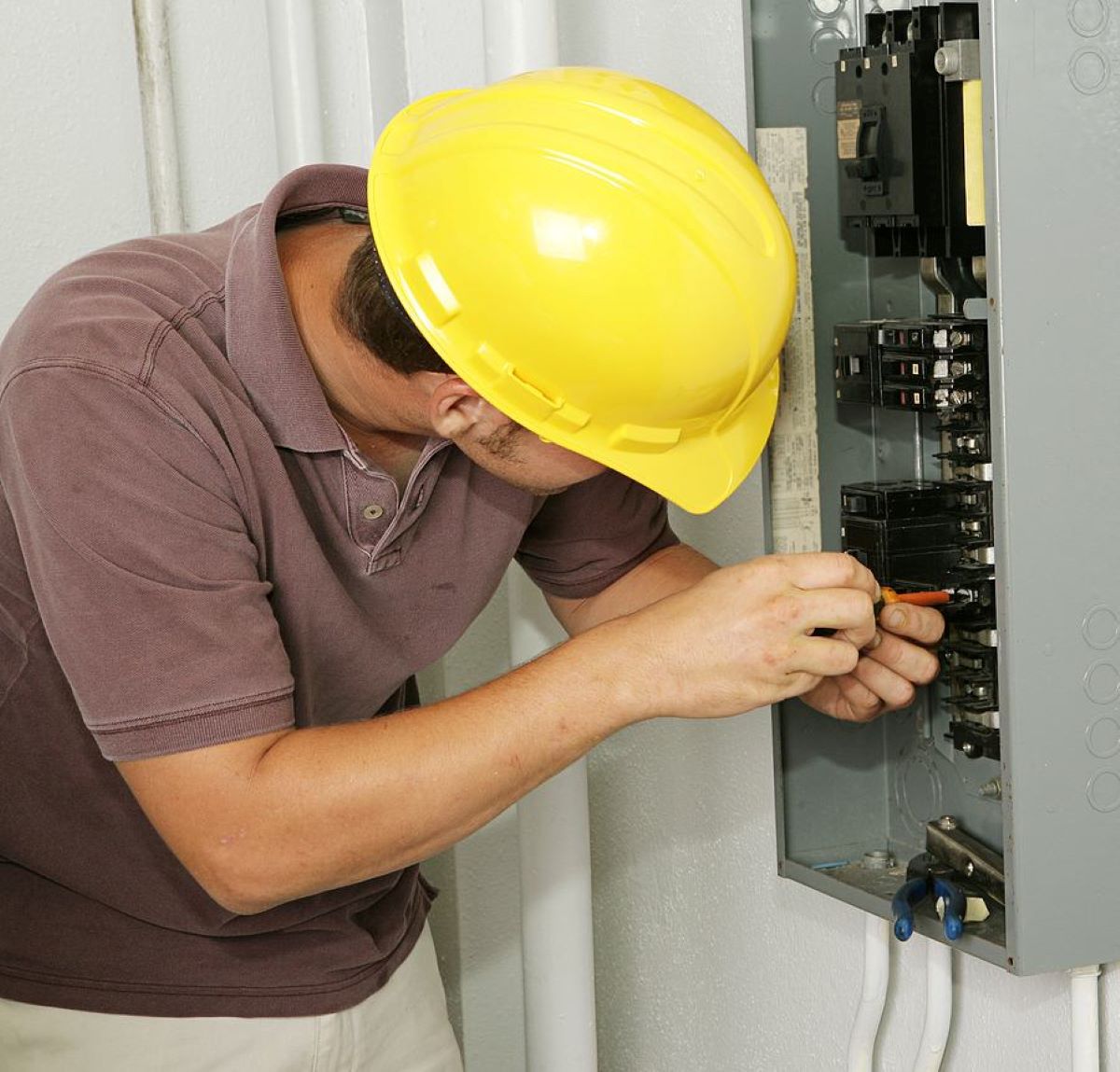
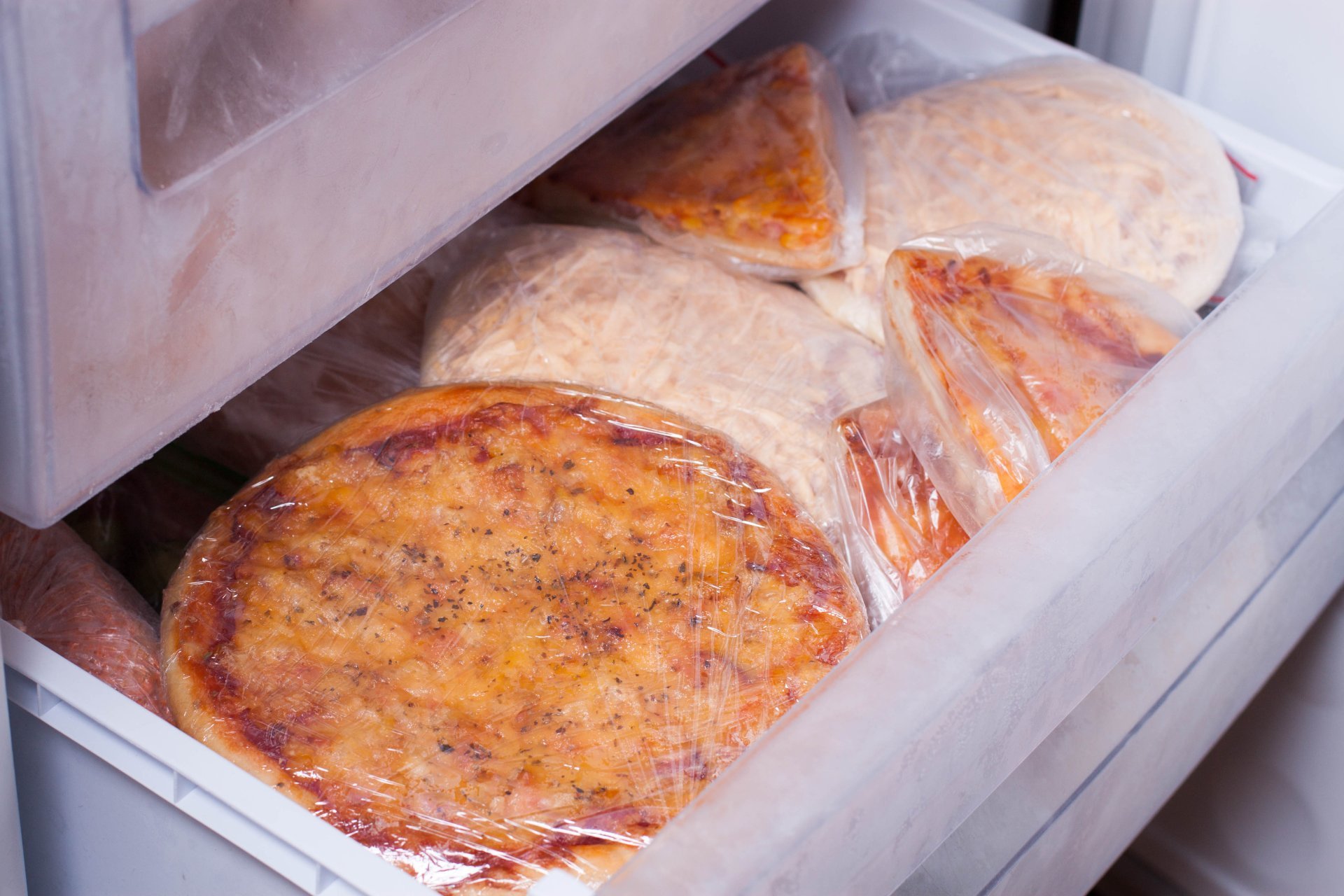
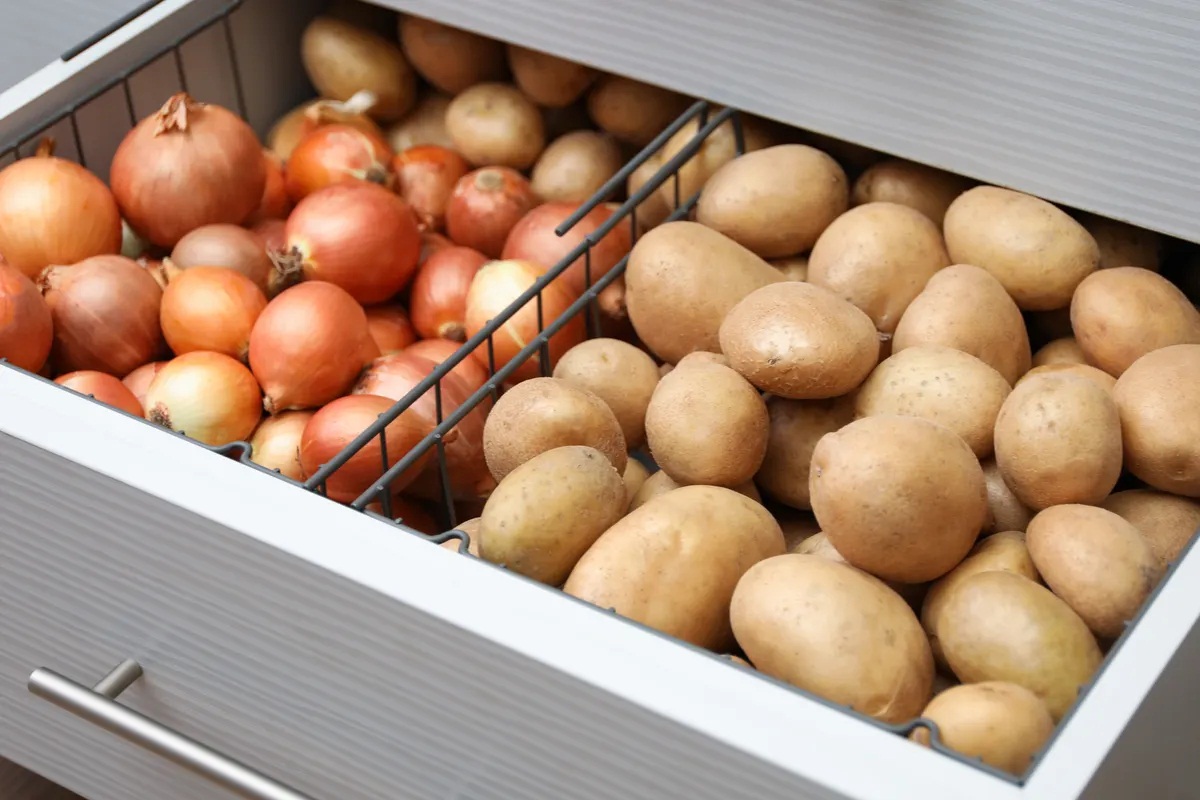
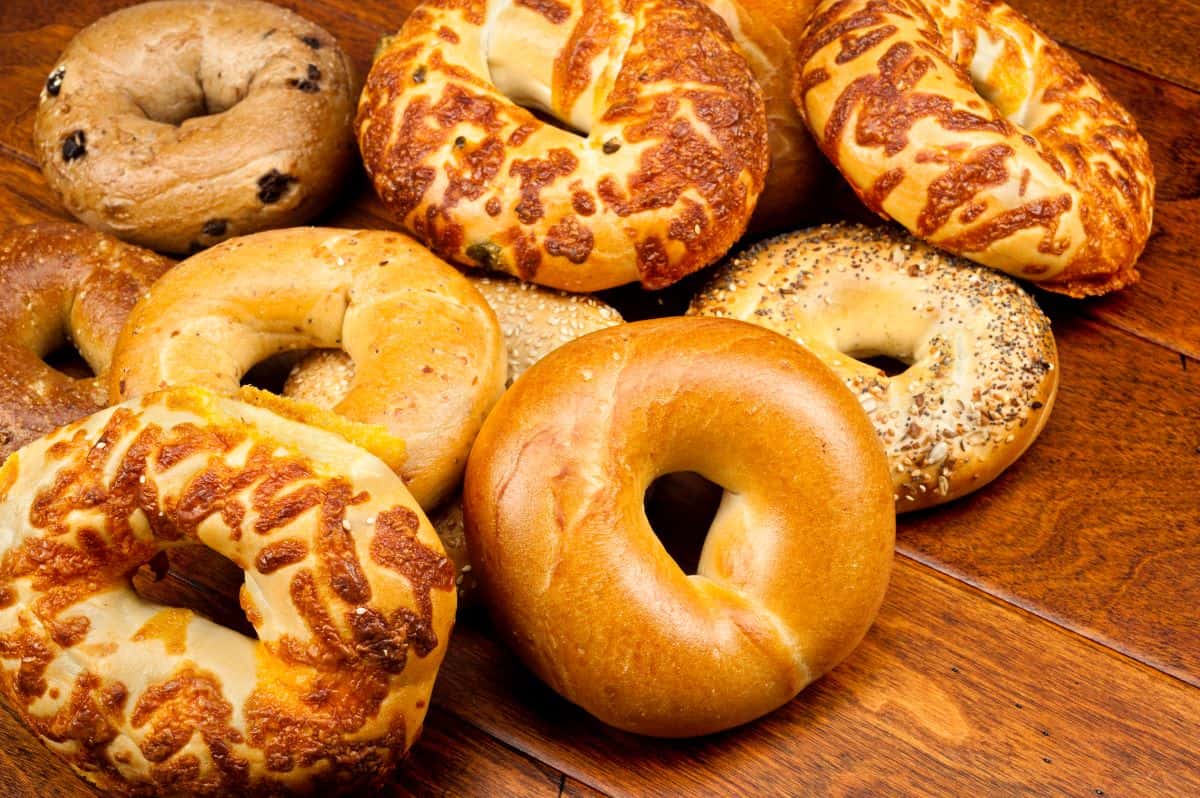
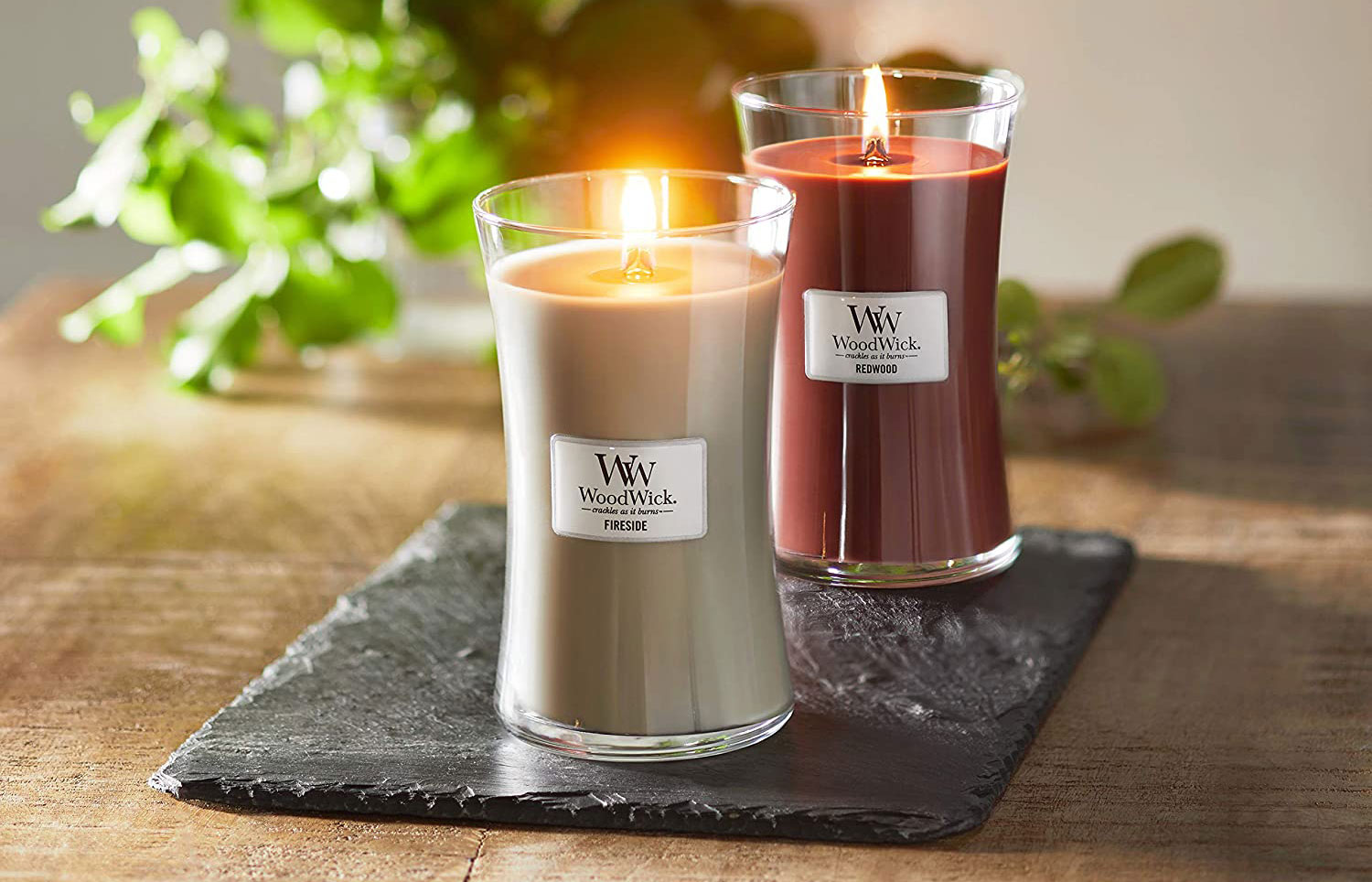
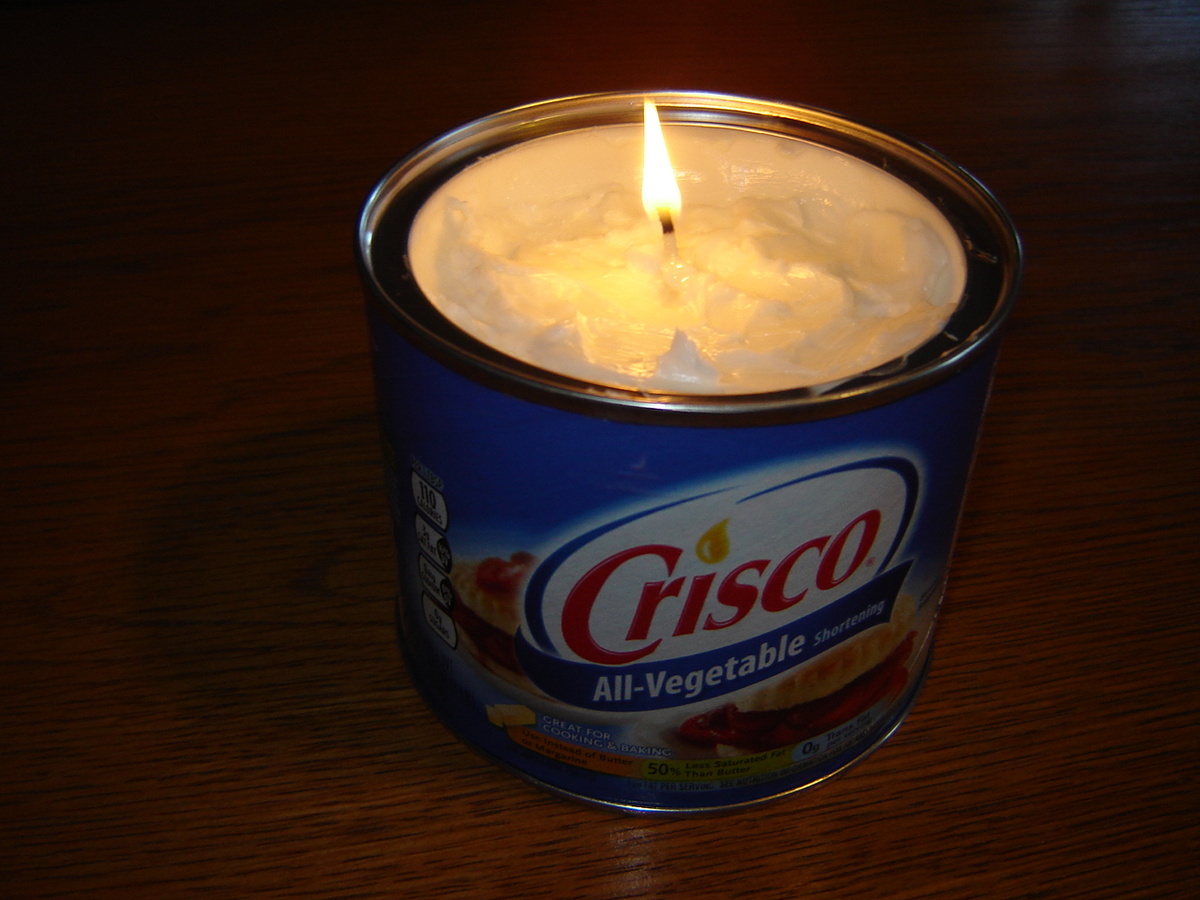
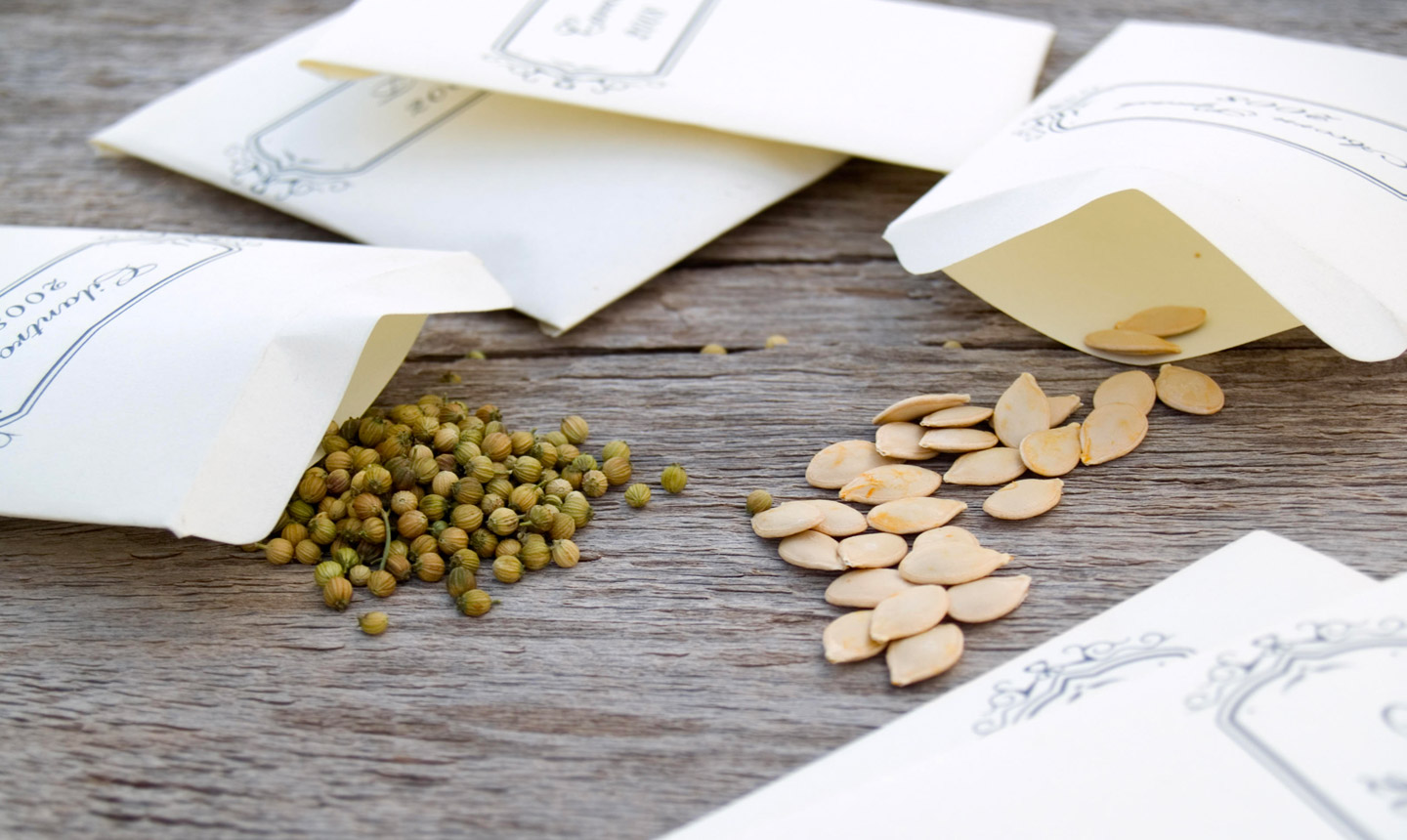
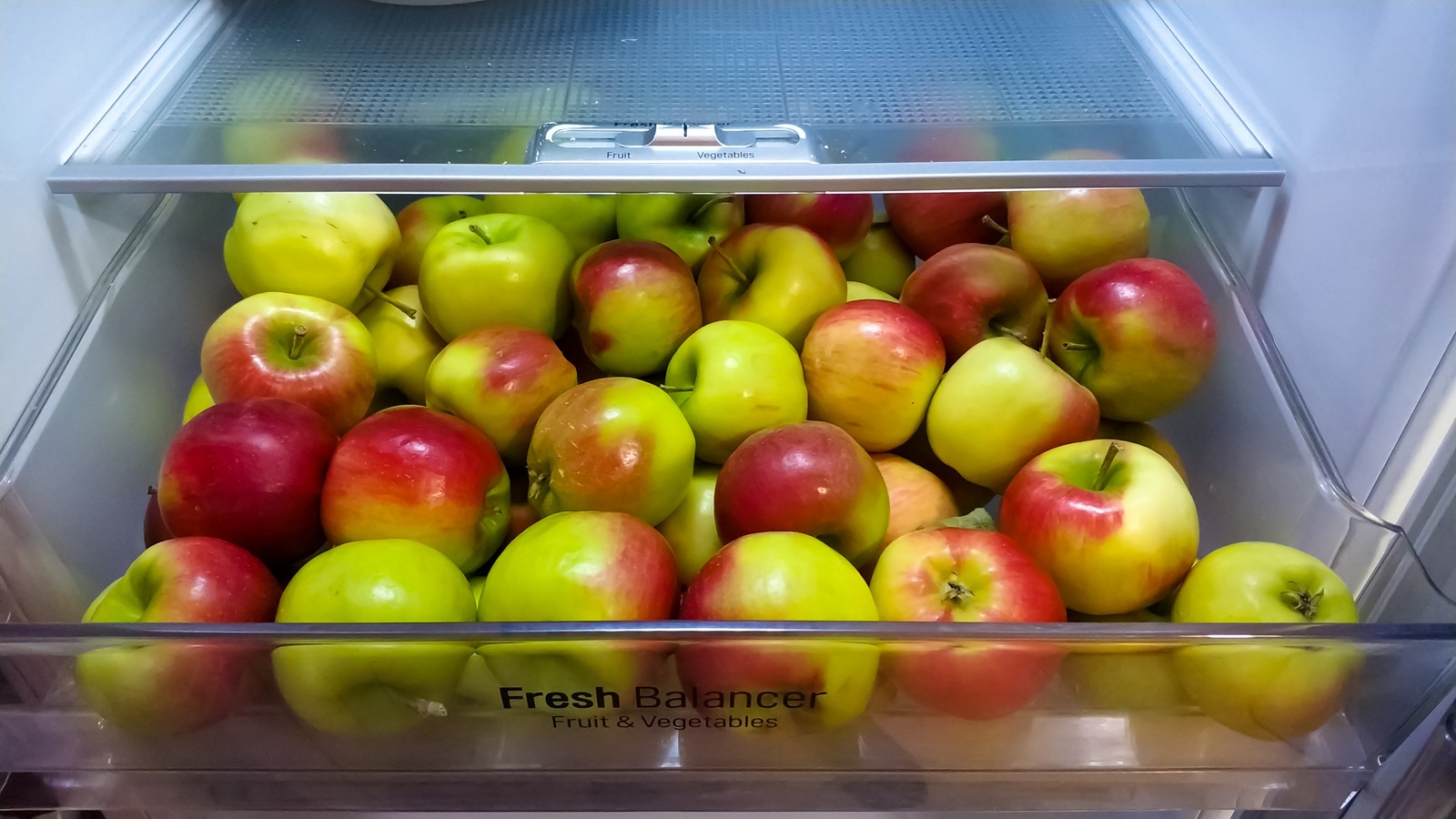
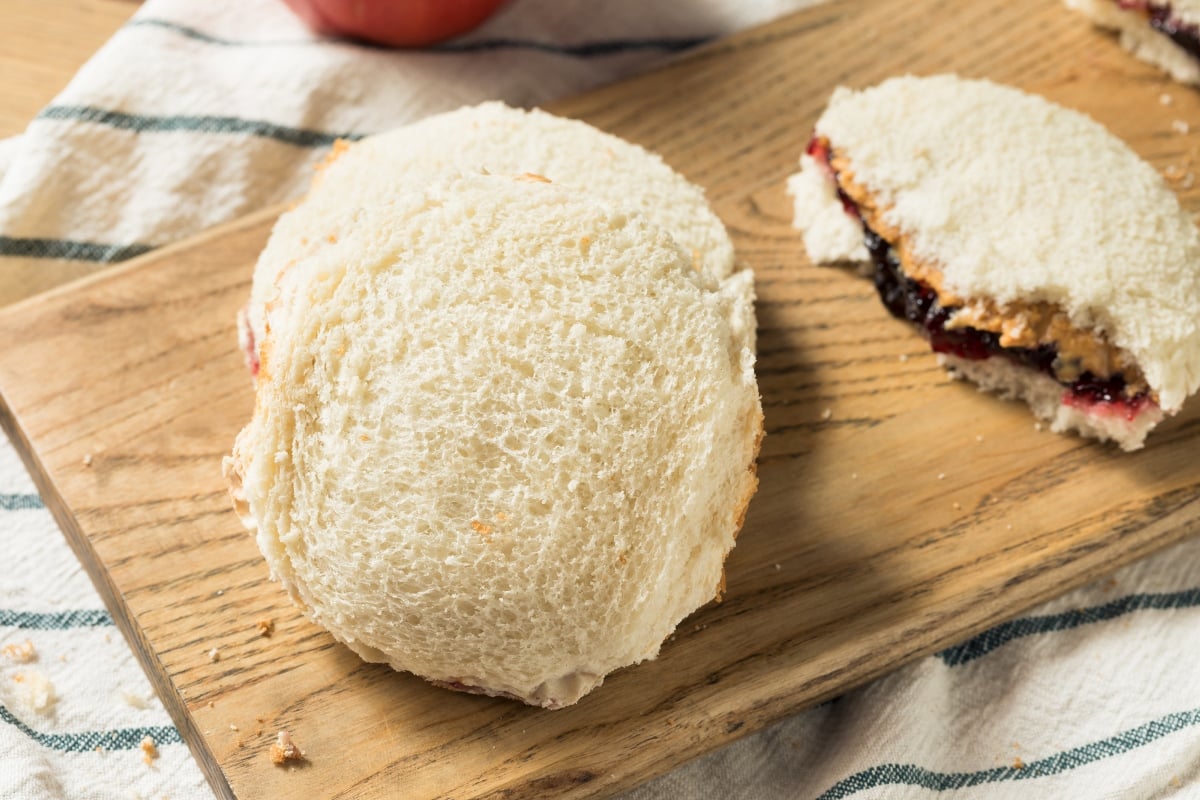

0 thoughts on “How Long Do Grills Last”